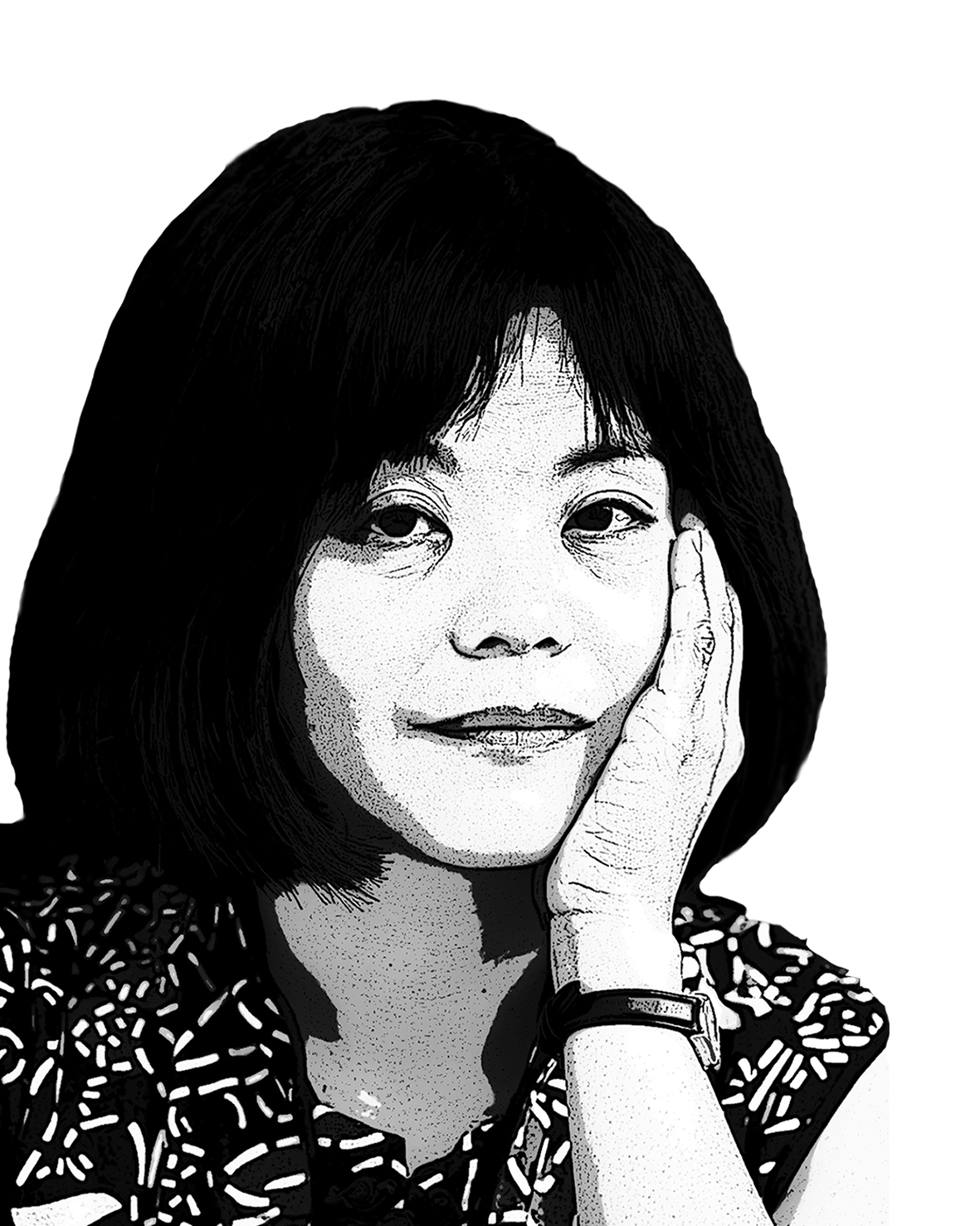

Tosca's tamer recounts somewhat woefully the days when Tosca used to be the absolute highlight at the "National Circus" of the German Democratic Republic (GDR). In the second part of the book, the narrator changes from a polar bear to a human. Meanwhile, her husband pushes for the young family to return to a communist country, having East Germany in mind. But only one of them, a girl named Tosca, survives. From there, she moves on to Canada, where her twin children are born.

For $10,000, she is allowed to travel to West Berlin, where she becomes an author-in-exile. Her autobiography is published as a series in Moscow but makes waves all the way to West Germany, where magazines notice the talent of the bear author. "In life, we don't have a choice, because everything we are capable of is still not very much compared with life itself, not nearly as much as we imagine." The bear lady speaks about her childhood growing up in Soviet Russia, recounting how she attended all kinds of conventions on socialist issues such as "The Significance of Bicycles in the National Economy" while sharing the wisdom she learned throughout her lifetime: Perhaps I made a drowsy impression, but in the bear's den of my brain, I was giving birth to my own childhood and secretly attending to its upbringing." "Writing isn't particularly different from hibernation.

Later on, she celebrates success as a writer, publishing her autobiography. Instead, there are more parallels to human life, with Knut's grandmother being depicted as an intellectual among polar bears who is coerced into walking on her hind legs for entertainment purposes. Interestingly, in the first chapter of the book, no actual animal model can be identified. The fascinating story of the polar bear inspired her to write Memoirs of a Polar Bear. The novel, however, doesn't stop at telling Knut's story, but also looks at his ancestors, recounting the life his grandmother and the circus adventures of his mother, Tosca. By this point, Knut had become a global celebrity, who even made it to the front page of the Vanity Fair glossy.Īuthor Yoko Tawada was there in Berlin to witness the evolution of Knut herself.

To view this video please enable JavaScript, and consider upgrading to a web browser that supports HTML5 videoĪ few years later, in Spring 2011, polar bear Knut himself contracted a mysterious illness and died.


 0 kommentar(er)
0 kommentar(er)
